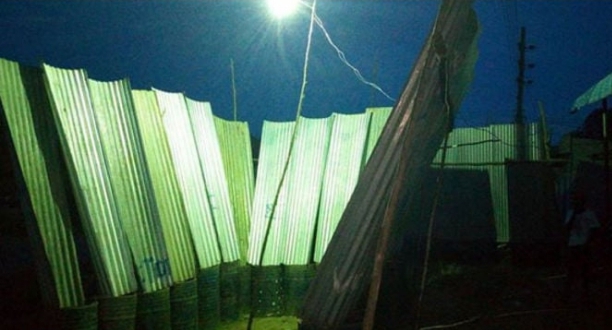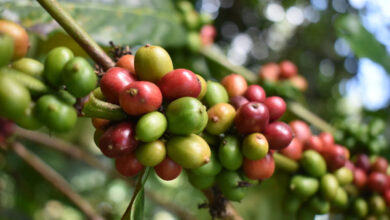Hoima grasshopper trappers count losses as edible insects fail to surface
‘’This is one of the worst seasons I have ever experienced; previously, we started harvesting grasshoppers early or mid-month. We are on the verge of incurring losses and losing our property to moneylenders,’’ he said.

By Chris M Bruno
Hoima: The grasshopper trappers in Hoima city are counting losses after investing heavy funds into the seasonal business as the edible insects have failed to surface.
November is always a known month for harvesting grasshoppers in the country, but by November 22, the insects had not yet surfaced, raising many unanswered questions and trappers on the verge of losses after heavily investing in the business.
Mr. John Tumwine, one of the trappers, stressed that he acquired a loan, hired the site, paid the electricity bill, and bought equipment like iron sheets to facilitate the business, but he is on the verge of losing it all to the moneylenders.
He is appealing for government intervention to rescue them from the moneylenders who are likely to arrest him or confiscate his mortgaged property after failing to clear the loan he acquired to start the business.
Mr. Erias Kateeba, another trapper, decried that this is one of the worst seasons he has ever experienced, saying that in most cases, they start harvesting the edible insects at the start or midpoint of the month.
‘’This is one of the worst seasons I have ever experienced; previously, we started harvesting grasshoppers early or mid-month. We are on the verge of incurring losses and losing our property to moneylenders,’’ he said.
Ms. Maria Kobusinge, a businesswoman, said it’s hard to get grasshoppers; even the available ones are too expensive for the public. ‘’Currently, three white caveras cost 5,000 shillings, and it’s hard to get grasshoppers,’’ she said.
Perez Kyomuhangi, the Hoima district senior entomologist, attributes the issue to the destruction of the environment. ‘’The destruction of forests and swampy areas where the grasshoppers used to lay their eggs was encroached on, and now there are no natural conducive conditions that favor the production of grasshoppers,’’ he attributed.
Kyomuhangi further explained that heavy rains that have wreaked havoc in the country have also contributed to the scarcity of grasshoppers because the moisture created by rains in the soil kills the laid eggs for grasshoppers.
‘’The electricity lights that are used to trap the grasshoppers are scattered all over the country, and the rains have equally led to a scarcity of grasshoppers due to the flooding,’’ he added.
The entomologist officer has also advised the residents to conserve the environment to facilitate the regeneration of the grasshoppers.
Do you have a story about your community or an opinion to share with us? Email us at theugreports@gmail.com.






